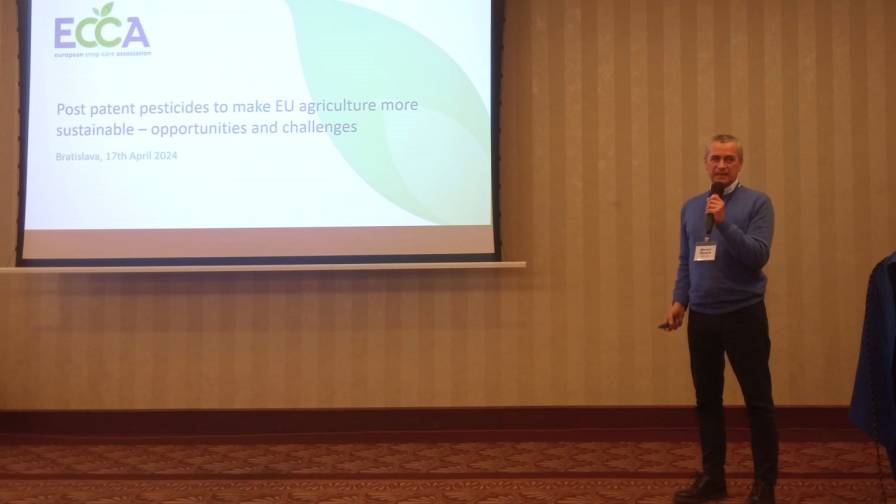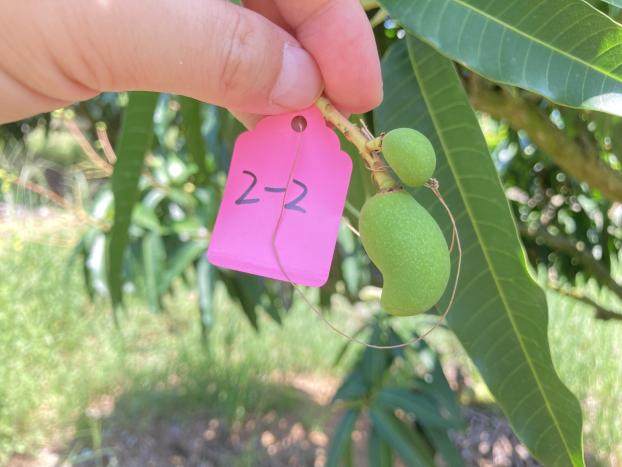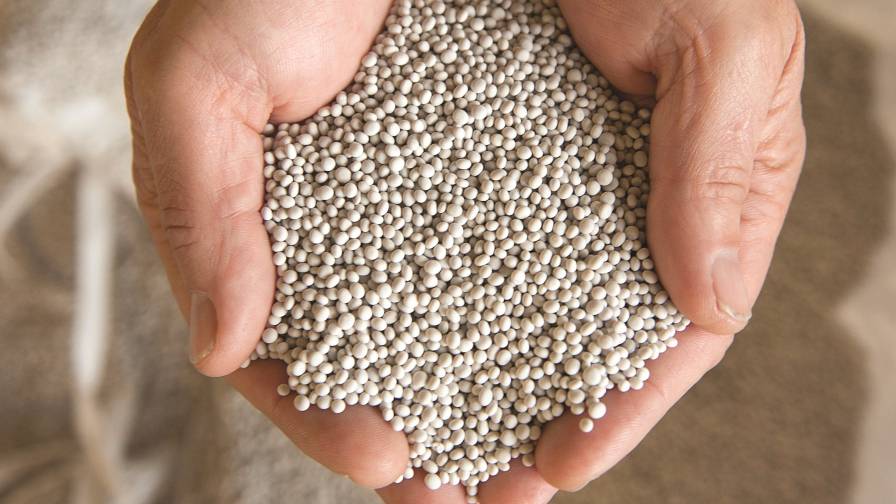EU’s Food Watchdog to Investigate Effects of Pesticide Exposure
The European food watchdog EFSA will meet stakeholders next week to gather input for its investigations into the possible effects of pesticide exposure on human health.
The meeting, which will involve representatives from academia, regulatory bodies, NGOs, industry and other interested groups, will focus on issues surrounding pesticide epidemiology. “The discussions will feed into an EFSA scientific opinion that aims to address methodological limitations in epidemiological studies and recommend ways of improving the studies so that they can be integrated into regulatory pesticide risk assessment,” EFSA said in a statement.
In recent years an abundance of epidemiological studies investigating possible associations between pesticide exposure and human health outcomes have become available in the open literature. In 2013, EFSA published a report on a systematic review of studies published between 2006 and 2012 which showed a statistically significant association between exposure to pesticides and health outcomes such as liver cancer, breast cancer, type II diabetes, childhood leukaemia and Parkinson’s disease. The findings were in line with those contained in a report by the French National Institute of Health and Medical Research (INSERM).
However, the EFSA report highlighted a number of methodological limitations in the epidemiological studies, including a large heterogeneity of data, a lack of direct exposure estimates, and use of generic pesticide definitions. “These make it difficult to draw firm conclusions about the associations for the majority of the outcomes studied,” EFSA said.
Jose Tarazona, Head of EFSA’s Pesticides Unit, said: “The available literature indicates a possible connection between exposure to pesticides and human health outcomes. Most associations involve pesticides that are already banned in the EU, but EFSA wants to further explore the use of this information.
“The big questions are: How can risk assessors make best use of these studies? And how can they be improved? To answer these questions we need an honest, open debate that reflects as many shades of opinion as possible.”
EFSA said that the availability of more robust, statistically sound studies presenting accurate information on actual exposure would bolster the regulation of pesticides in the European Union. Legislation requires applicants to submit relevant epidemiological studies, where available, when applying for approval of an active substance to be considered for plant protection products.
The meeting, in which the French agency for food, environmental and occupational health and safety (ANSES) is participating, will take place in Paris on Feb. 18.






